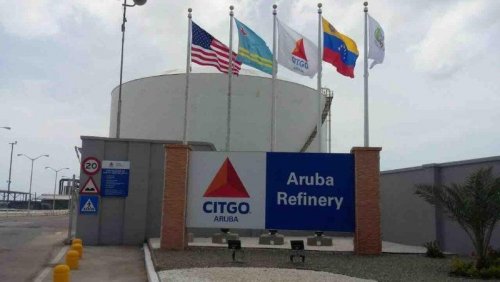
Retrieved
Venezuela’s opposition is considering a plan to delay the sale of oil assets controlled by Citgo Petroleum Corp. by having its holding company file for bankruptcy in the US, sources familiar with the situation revealed. Opposition-appointed executives from Petroleos de Venezuela (PDVSA) are contemplating a US Chapter 11 bankruptcy filing to block the finalization of Citgo’s asset sale. This strategy aims to retain control of Citgo, a critical overseas asset, and potentially increase its sale value or attract a rescue party. Final bids for Citgo’s parent shares are due on June 11, with the winning bidder expected to be announced in July. Charles Tatelbaum, a bankruptcy lawyer not involved in the case, suggested the tactic could provide more time to enhance the sale conditions. Any bankruptcy decision by Citgo’s US parent, PDV Holding, would require consultation with Venezuela’s opposition-led assembly, the only body recognized by the US after it ceased relations with President Nicolas Maduro’s regime in 2019. Yon Goicoechea, a member of the council managing Venezuelan assets abroad, confirmed discussions on various legal strategies had occurred but did not commit to any decision regarding bankruptcy. Under US bankruptcy law, PDVSA can request a judicial halt of actions targeting Citgo assets. However, other companies attempting similar moves have had their cases dismissed. The ongoing auction, overseen by a federal judge in Delaware, involves nearly 20 creditors seeking a share of the proceeds from Citgo’s sale. Judge Leonard Stark has refused to delay the auction’s final stage. Citgo’s management has stated no plans to file for bankruptcy, without commenting on its shareholder, PDVSA. The sale is primarily intended to repay companies, including Siemens AG, ConocoPhillips, and Exxon Mobil Corp., whose Venezuelan assets were seized under former President Hugo Chavez. Conoco claims it is owed more than $1.2 billion. The potential sale loss is a contentious issue in Venezuelan politics, with Maduro’s government framing it as theft of a crucial asset supplying the country with hard currency. Despite PDVSA being controlled by Maduro’s government, its US subsidiaries are managed by a board appointed by the opposition, led by former legislative leader Juan Guaido. The US Treasury Department’s Office of Foreign Assets Control must also approve the sale. Original text by Bloomberg. Published in -> Mint

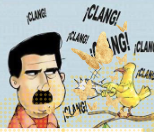
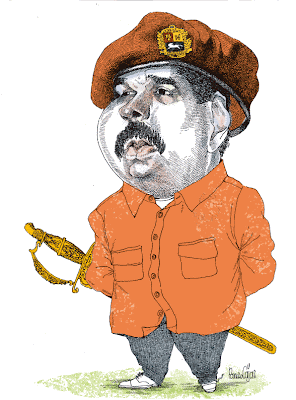
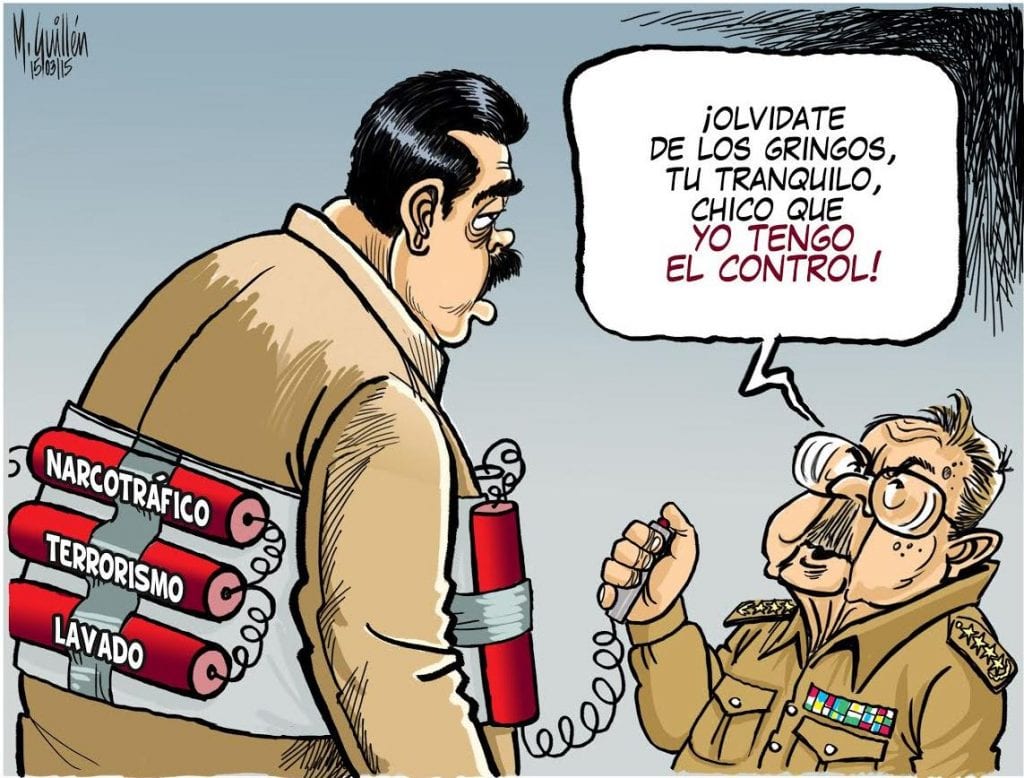
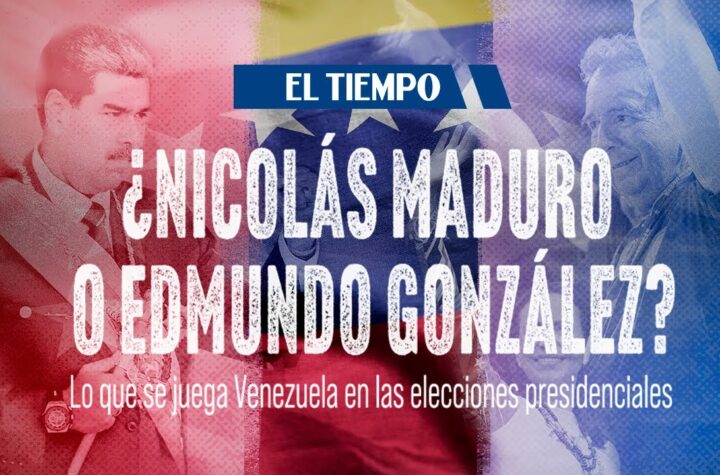
More Stories
How Venezuela’s election could upend the geopolitics of the Americas
James Vance: conexiones con Rusia
Biden made a bold deal with Maduro. Will it pay off?